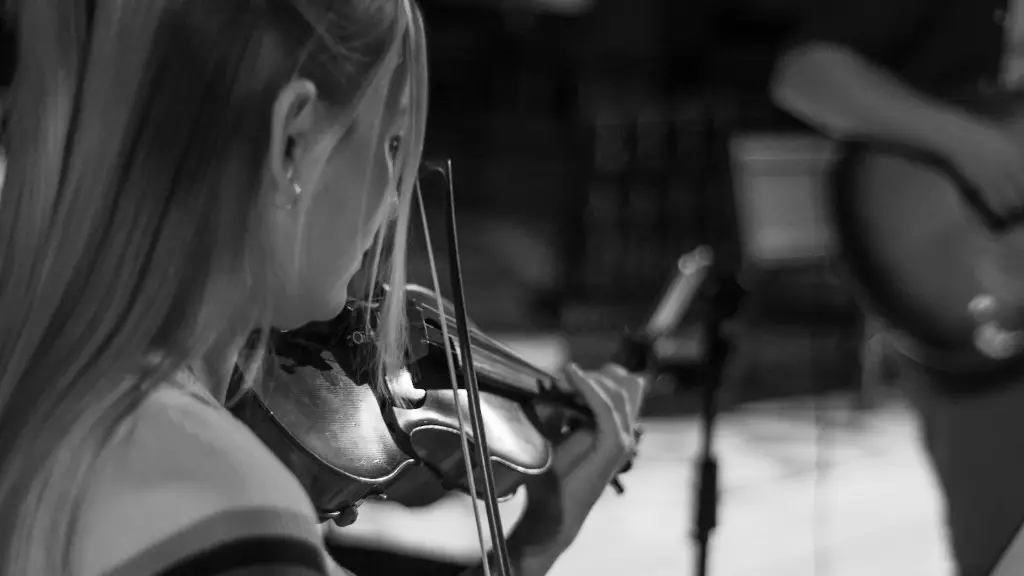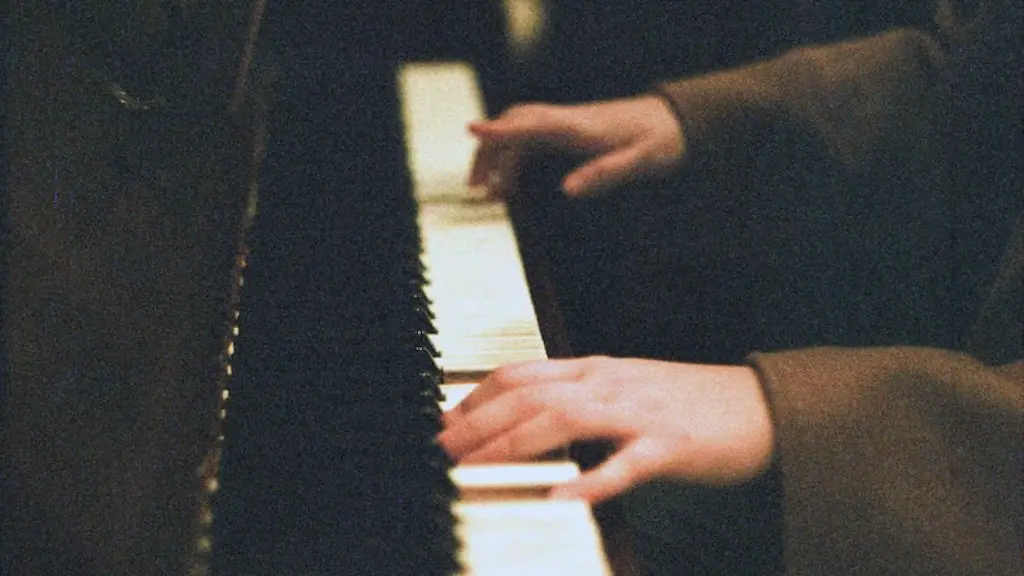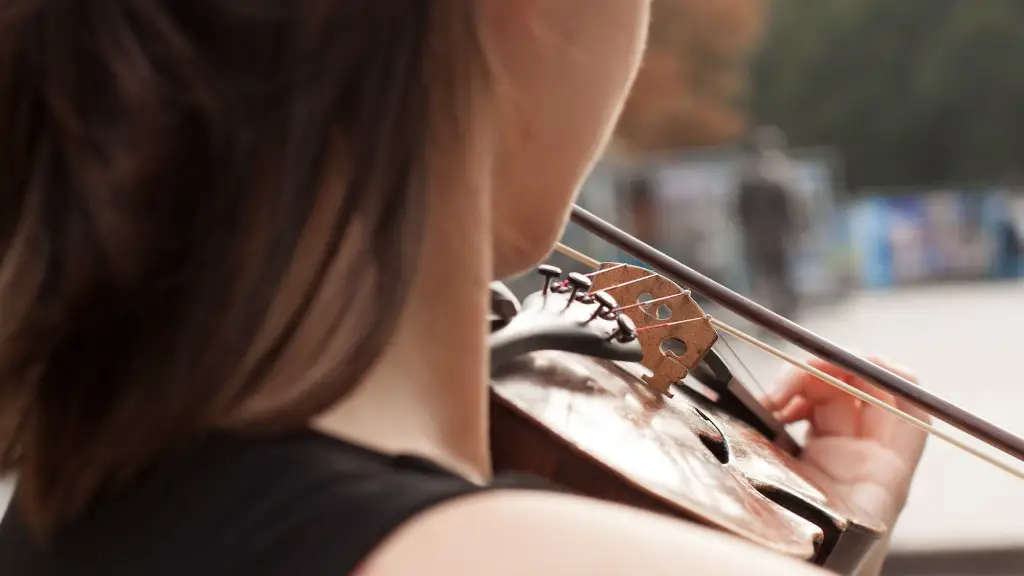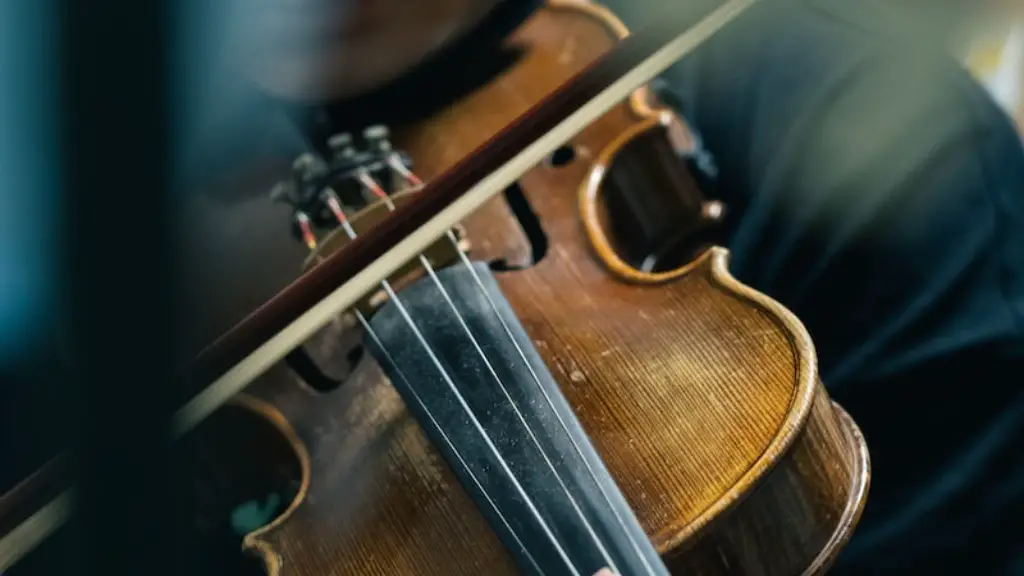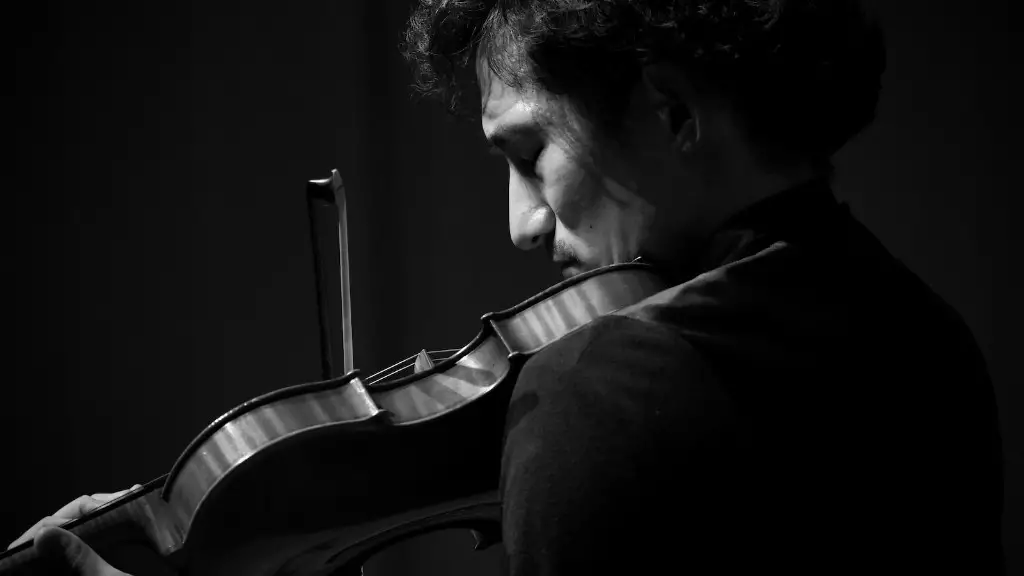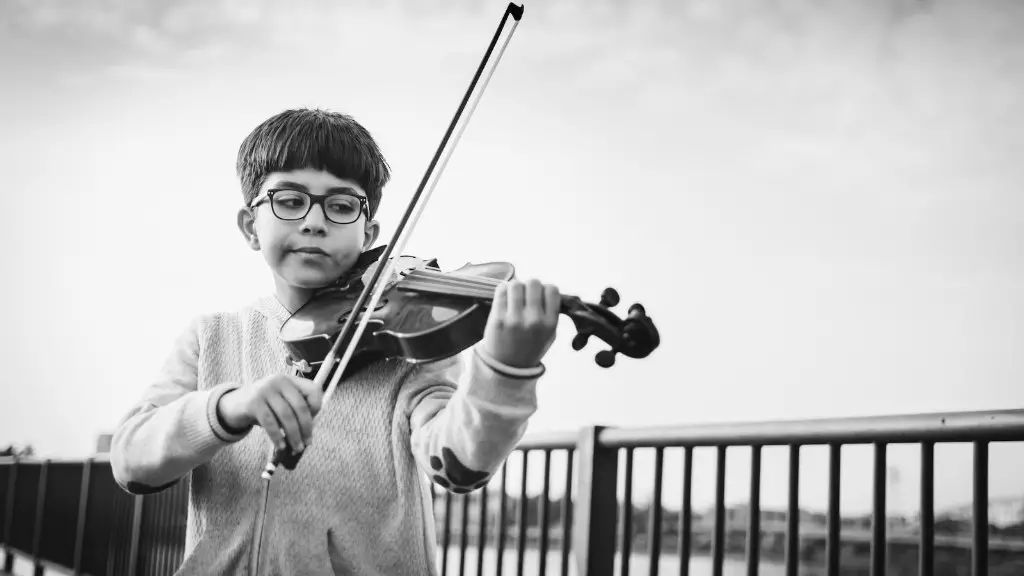It is never too late to learn something new, especially when it comes to playing the violin. It is an instrument that can be enjoyed by players of all ages and skill levels. Learning violin can be a great way to challenge yourself, become more creative and find a new passion. You are never too old to start learning to play the violin.
Learning to play the violin doesn’t have to be a difficult process. With enough dedication and practice, you can easily learn how to play this beautiful instrument at any age. There are many resources available online and offline that can help you along the way. You can find tutorials, books, videos and even classes that can help you get started with playing the violin.
No matter which route you choose, it is important to remember that learning an instrument takes time and patience. Don’t get discouraged if you don’t see results right away – keep practicing and remember that hard work pays off! With consistency and dedication, anyone can learn how to play the violin at any age.
Challenges of Learning Violin as an Adult
Learning to play the violin as an adult can be a difficult task. This is because the violin is a complex and sophisticated instrument that requires precise technique, good coordination, and a great deal of practice. In some cases, playing the violin as an adult can require relearning old skills or even learning new ones. Moreover, it can be difficult for adults to find time for practicing due to their other commitments.
In general, however, it is possible for adults to learn the violin with the right amount of dedication and practice. Adults may have to work harder than children to learn the basics of playing the violin but with enough patience and perseverance they can become proficient at it. It also helps if adults take lessons from experienced instructors who can provide guidance and advice on how best to progress in learning the instrument.
Having a supportive teacher is important when learning any instrument, especially when it comes to playing the violin as an adult. They can help adults understand complex concepts more easily and offer advice on how best to practice effectively so that they can make rapid progress in their playing. Additionally, having access to resources such as sheet music or instructional videos online can help make learning easier for adults who are unable to attend regular lessons in person.
Anatomical Differences for Adult Violinists
Playing the violin at any age is possible; however, there are certain anatomical differences that may affect an adult’s ability to play. The arms and hands of an adult are fully developed and have many years of experience in other activities, such as typing or sports, which may make learning a new skill more difficult. Additionally, adults may not have the same flexibility in their wrists and fingers as a younger violinist. As a result, adult violinists often need to practice differently and focus on developing their technique to compensate for the lack of flexibility. Furthermore, adults may have less stamina than younger players and need to be mindful of taking breaks during practice sessions. To ensure success, adult violinists should seek out a qualified teacher who can help them develop proper technique and provide individualized instruction. With patience and dedication, it is certainly possible for an adult to learn how to play the violin.
Learning to Play Violin Over 30
It is never too late to learn the violin. Many people over 30 have taken up the violin, and found success in mastering the instrument. The key is to create a practice schedule that works for you, and to be patient and consistent with your practice. Below are steps to help beginner violinists over 30 get started.
1. Find a good teacher or online course that suits your learning style. Make sure that the instructor you choose can tailor the lessons to your level of experience and interests.
2. Start with the basics and learn proper posture, bowing techniques, and intonation. Set aside time each day to practice these essential skills.
3. Once you have mastered basic technique, work on building repertoire. Choose pieces that interest you and challenge you in equal measure.
4. Record yourself playing periodically so you can monitor your progress over time.
5. Join an orchestra or ensemble so you can play with others and get feedback from more experienced players.
6. Take lessons or attend workshops regularly to keep up with your progress, ask questions, and receive feedback from an experienced teacher.
With patience and commitment, anyone over 30 can learn how to play the violin!
Finding the Right Teacher for Adult Learners
Learning the violin at any age is possible! There are many great teachers out there who specialize in teaching adult learners. Before selecting a teacher, it is important to get clear on your learning objectives. Think about why you want to learn the violin and what level of commitment you are willing to make. When looking for a teacher, research their qualifications and experience to ensure that they have the knowledge and skill set needed to meet your needs. Make sure they offer a free initial consultation so you can get an idea of their teaching style and if it is a good fit for you.
It pays to be proactive when selecting a teacher; look around for reviews from other students and ask friends or colleagues about their experiences with different teachers. A good teacher will be patient, encouraging, and able to provide tailored instruction based on your individual goals and learning style. Ask questions during trial sessions and don’t be afraid to speak up if something isn’t working – there’s no one-size-fits-all approach when it comes to learning the violin!
Necessary Gear and Supplies for Adult Learners
Learning to play the violin as an adult can be a rewarding experience, but it requires the right supplies. A quality instrument is essential, and you may need to buy or rent one depending on your budget. You’ll also need a bow, rosin, and a shoulder rest for comfort. A good music stand is also important to ensure good posture while practicing. Finally, it’s beneficial to have some instructional books or videos to help you get started. It’s important to remember that with the right gear and supplies, adults of any age can learn how to play the violin.
When selecting an instrument, it’s important to find one that has good sound quality and that is comfortable to hold. You should also choose a bow that fits your playing style as well as rosin that will give you the best tone. It’s important to practice regularly, so having a shoulder rest and music stand are key components in helping you maintain proper technique throughout your lessons. Finally, having instructional books or videos can help provide guidance as you learn how to make beautiful music with the violin.
Tips for Practicing Efficiently as an Adult Learner
Adult learners face unique challenges when it comes to mastering a new skill, such as learning to play the violin. It can be difficult to find time in the day for practice and easy to become frustrated if progress is slow. However, with focus and determination, it is possible for adults of any age to learn how to play the violin. Here are some tips for adult learners on how to practice efficiently:
Set realistic goals. Set achievable goals that will help you work towards playing the instrument proficiently, rather than aiming too high and becoming discouraged. Make a plan of action that breaks down these goals into manageable steps.
Schedule regular practice sessions. Put aside specific times in your daily routine that are devoted solely to practicing the violin. By doing this, you will create a habit and become more consistent in your practices.
Find an experienced instructor. Working with an experienced teacher can help you stay motivated and provide guidance on proper technique, enabling you to make faster progress than if you were attempting to teach yourself.
Be patient with yourself. Learning any new skill takes time and effort, so don’t expect too much too soon. It is important not to get discouraged if progress seems slow or if mistakes are made during practice sessions; instead, use them as opportunities for growth and improvement.
To Sum it All Up
It is never too late to learn the violin. With practice and dedication, anyone of any age can start learning and developing their skills on the instrument. It is important to find a good teacher and to commit to regular practice in order to make the most of your learning experience. The biggest challenge may be finding the motivation and determination to stay with it. With the right mindset and resources, violin playing can be a rewarding lifelong journey.
